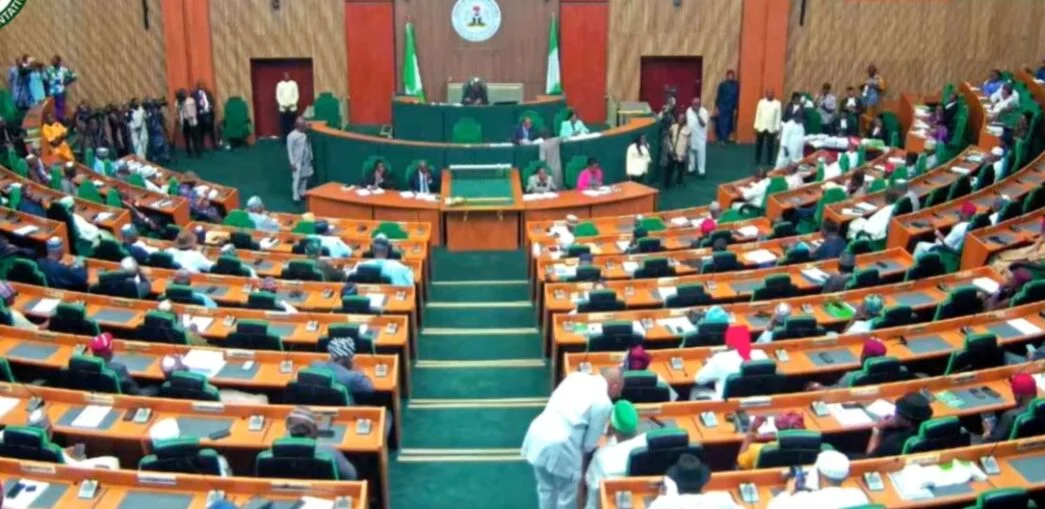412
By Lizzy Chirkpi
The House of Representatives Ad-hoc Committee on Preparedness for Single-Use Plastics Ban in Nigeria has proposed the introduction of a green tax on industries engaged in the production of polypropylene, one of the most widely used materials in plastic manufacturing.
The move, according to the committee, aims to address Nigeria’s rising plastic waste crisis and ensure that industries bear responsibility for the environmental costs of their production activities.
Speaking at the committee’s inaugural meeting in Abuja, the Chairman, Hon. Terseer Ugbor (APC, Benue) said the House will also consider legislation to regulate polypropylene production and promote recycling as part of a nationwide strategy to mitigate pollution and safeguard public health.
Ugbor described plastic pollution as a growing menace, warning that the unchecked rise in polypropylene-based products has placed immense pressure on Nigeria’s already strained waste management systems.
According to him, “Polypropylene’s environmental impact is substantial and disturbing. During the production process, it releases toxic chemicals like formaldehyde and benzene, putting workers and nearby communities at risk. It’s responsible for enormous carbon emissions and relies heavily on fossil fuels, contributing to resource depletion. As waste, polypropylene isn’t biodegradable, lingering in landfills for up to 500 years and polluting our oceans and harming marine life in the process.”
The lawmaker added that the committee would engage closely with the Federal Ministry of Environment and the National Environmental Standards and Regulations Enforcement Agency (NESREA) to develop policy frameworks for the proposed green tax and integrate polypropylene recycling into the national waste management program.
“Nigeria cannot afford to continue on this path of environmental neglect. Our industries must take responsibility for the ecological footprints they leave behind. This committee will work with all relevant stakeholders to ensure that sustainable, environmentally responsible solutions are not just recommended but implemented,” Ugbor said.
Nigeria is currently ranked among the top 20 countries globally contributing to marine plastic pollution. Studies by the World Bank and the United Nations Environment Programme (UNEP) estimate that the country generates over 2.5 million tonnes of plastic waste annually, with less than 10 percent being recycled.
Major cities such as Lagos, Abuja, and Port Harcourt are the hardest hit, as clogged drainage systems and waterways littered with plastic waste contribute to recurrent flooding and water contamination. Environmental experts warn that improper disposal of polypropylene and other plastic materials contaminates soil, groundwater, and food sources, while burning plastic waste releases toxic emissions into the atmosphere, worsening air quality and contributing to respiratory diseases.
Only a handful of private firms are currently engaged in large-scale recycling, and the absence of a coherent national policy has hindered sustainable waste management efforts.
With the House committee’s new proposal, lawmakers hope to stimulate investment in recycling, strengthen enforcement of environmental standards, and align Nigeria’s plastic management policies with global climate and sustainability goals.
Ugbor said the committee would also hold public hearings with manufacturers, recyclers, and environmental experts to ensure that any proposed levy or regulation is both effective and equitable.
“This is not about taxation,” he emphasized. “It is about responsibility, sustainability, and protecting the future of our environment and our people.”



